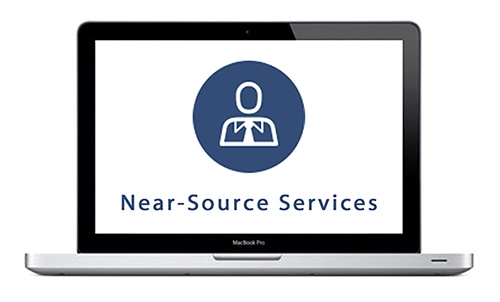Analytical software is an indispensable tool for any businesses; it helps you understand how well your website is performing and how do you stack up against your competition. Many companies turn to Google Analytics as a means of tracking and monitoring their site’s statistics.
Chimera ransomware: what to know

You are probably already familiar with ransomware, one of the nastier forms of malicious software that does the rounds every now and again, but what you may not already be acquainted with is a ransomware program called Chimera. Only recently discovered, Chimera’s creators have taken the already unpleasant ransomware program’s scare tactics to the next level.
Potential IT security issues in 2016

As a small or medium-sized business owner or manager, it’s only to be expected that you want to keep your company safe from cyber attacks and hacking attempts. But how much do you really know about online safety? With massive corporations such as Sony falling victim to attack, cyber security has never been more in the public eye.
Twitter’s cyber attack warnings
How Google protects users with safe browsing
Why you should plan for BI wisely
Cryptowall 3.0 reported to cost victims $325 million

A new report analyzed Cryptowall 3.0 ransomware attacks and found that it may have cost victims $325 million and that money may be going to a single source.
Kevin Haley, a director for Symantec Security Response, said that Symantec strongly recommends against paying, but admits that not paying could cause "irreparable damage.
Word of the Day: Evil Twin

By: Sarah Todoroff, Content and Social Media Manager
In fictional stories the evil twin is the antagonist of the story. A physical copy of the protagonist but with a radically inverted morality. In security, an evil twin is a term for a rogue Wi-Fi access point (antagonist) that appears to be a legitimate one (protagonist) offered on the premises.
Next big thing: Non dedicated devices?
There are numerous tech buzzwords that surface each year, one of the more common in the past couple of years is virtualization. Being able to take physical systems and replace with a cheaper, often more efficient, virtual version, is something many businesses appreciate.
Microsoft to Cease Windows XP Support in 2014
If you use Window XP, it might just be the time for you to upgrade (or at least start planning to upgrade) as Microsoft has announced plans to pull the plug on Windows XP support in 2014. While that may be a couple of years away, it never hurts to start assessing your options so the eventual move to newer Microsoft OS will be as smooth and efficient as possible. Part of using any sort of software is the inevitable need to upgrade. Most if not all software needs to either be replaced and upgraded as the demands of the market entail more efficient processing of the various data and information a business handles. Such is the case with Windows XP. While many continue to use this proven straightforward operating system, Microsoft has decided to stop support by the year 2014. Microsoft further recommends upgrading to its latest OS, Windows 7, in order for users to continue to receive OS support. While there are some lines of business applications that have not been upgraded to work with Windows 7, most have — and there are alternative approaches. Also, your business needs the security and protection that only a current, up-to-date operating system can provide. We understand that changing your OS will entail some expense, including new licenses, hardware, and some training. Fortunately, these things are designed to help you operate more efficiently and increase your productivity in the long run. But such change will take time, and if you are interested in starting to plan for an upgrade now, we’ll be happy to sit down with you and develop an upgrade process that meets your specific needs.





